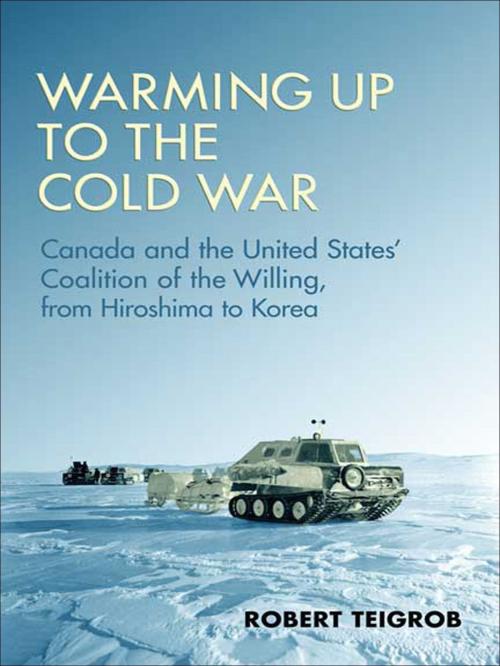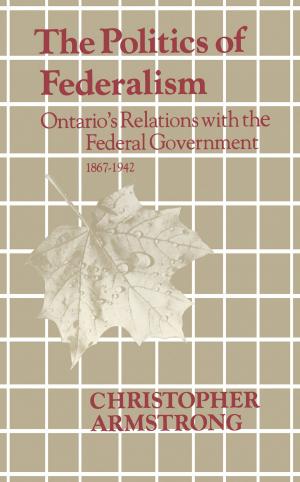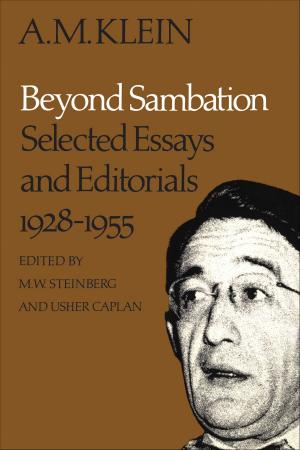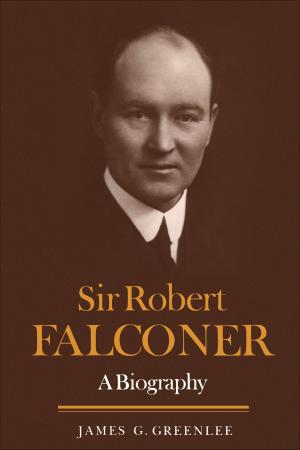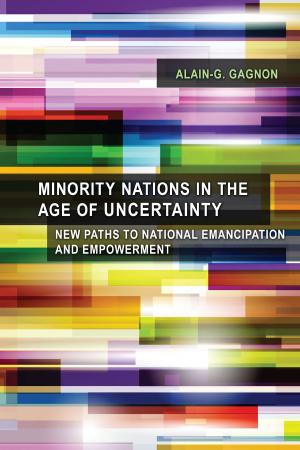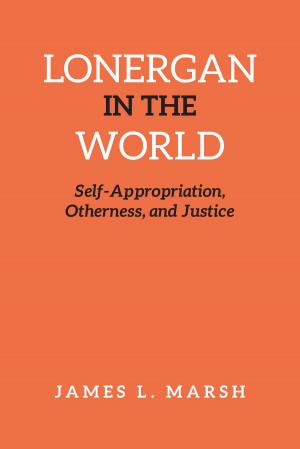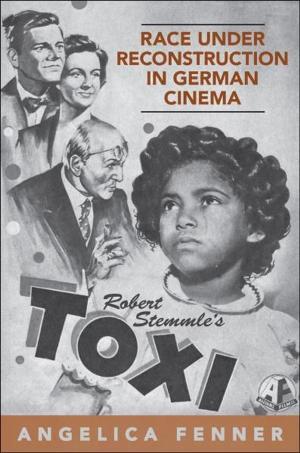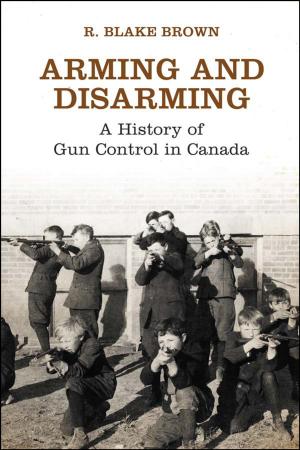Warming Up to the Cold War
Canada and the United States' Coalition of the Willing, from Hiroshima to Korea
Nonfiction, History, Americas, North America, Canada, United States| Author: | Robert Teigrob | ISBN: | 9781442693258 |
| Publisher: | University of Toronto Press, Scholarly Publishing Division | Publication: | June 5, 2009 |
| Imprint: | Language: | English |
| Author: | Robert Teigrob |
| ISBN: | 9781442693258 |
| Publisher: | University of Toronto Press, Scholarly Publishing Division |
| Publication: | June 5, 2009 |
| Imprint: | |
| Language: | English |
When U.S. President Harry Truman asked his allies for military support in the Korean War, Canada's government, led by Prime Minister Louis St-Laurent, was reluctant. St-Laurent's government was forced to change its position however, when the Canadian populace, conditioned to significant degrees by the powerful influence of American media and culture, demanded a more vigorous response. Warming up to the Cold War shows how American cultural influence helped to undermine waning Canadian nationalism.
Comparing Canadian and American responses to events such as the atomic bomb, the Gouzenko Affair, the creation of NATO, and the Korean War, Robert Teigrob traces the role that culture and public opinion played in shaping responses to international affairs. With penetrating political and cultural insight, he examines the Cold War consensus between the two countries to reveal the ways that Canada cited "home-grown" rationales to justify its increasing subservience to American strategy and posturing.
Full of fascinating insights, Warming up the Cold War is essential reading for anyone interested in the Cold War, the role of culture in politics, and the history of U.S.-Canada relations.
When U.S. President Harry Truman asked his allies for military support in the Korean War, Canada's government, led by Prime Minister Louis St-Laurent, was reluctant. St-Laurent's government was forced to change its position however, when the Canadian populace, conditioned to significant degrees by the powerful influence of American media and culture, demanded a more vigorous response. Warming up to the Cold War shows how American cultural influence helped to undermine waning Canadian nationalism.
Comparing Canadian and American responses to events such as the atomic bomb, the Gouzenko Affair, the creation of NATO, and the Korean War, Robert Teigrob traces the role that culture and public opinion played in shaping responses to international affairs. With penetrating political and cultural insight, he examines the Cold War consensus between the two countries to reveal the ways that Canada cited "home-grown" rationales to justify its increasing subservience to American strategy and posturing.
Full of fascinating insights, Warming up the Cold War is essential reading for anyone interested in the Cold War, the role of culture in politics, and the history of U.S.-Canada relations.
